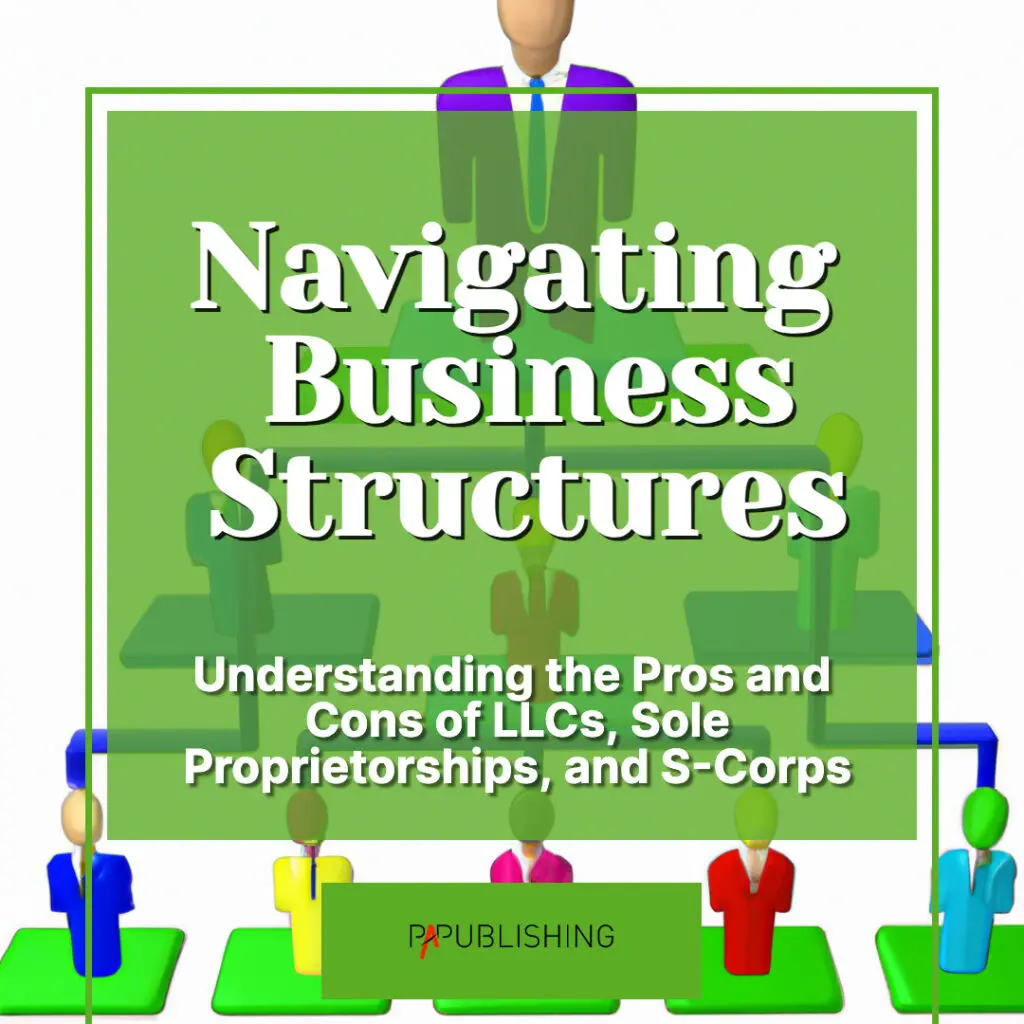There is nothing quite so exciting as starting up your own venture. It is the chance for you to work on something you’re passionate about and build up a business. You can be as creative as you want and have the chance to increase your income without waiting for promotions.
Being your own boss is also not only liberating but can also teach you a lot about yourself and starting a small business can soon be the best thing you’ve ever done. While this is all true, you don’t want to jump into it without any idea of what you’re going to do. Which is where a small business plan comes in.
Crafting a small business plan. Prior to starting your venture, you need to create a plan that outlines your business goals, strategies, what you want to achieve and how you’re going to do this. By essentially having a roadmap it will mean you don’t get lost along the way and will achieve your goals. In this article we explore just how you can create a small business plan and what you need to do this.

Photo by Anastasia Shuraeva from Pexels: https://www.pexels.com/photo/gray-and-black-laptop-on-the-table-7278882/
Drafting your small business plan
When creating your business plan you need to adhere to a certain structure to avoid missing anything important. To begin with, you need to write an executive summary which is essentially an overview of what your business is, what you want to achieve and when, your target market and how you will make it a success. It should essentially be an overview of your business that is designed to catch the attention of potential investors.
You will then need to include your company description which is more detailed than the executive summary and needs to include things such as what need it will fulfil in the market and how you will set yourself apart from others who do a similar thing already. The third part of your business plan needs to be a market analysis. In this you need to conduct research that enables you to understand your target audience’s needs, wants and any obstacles you might have to overcome to tap into this.
Next up is your organization and management section and is the part that outlines your team (if you are having one.) It will detail the roles you need to fill, what they will do and the responsibilities and capabilities they have.
You will need to outline your marketing and sales strategy that lists how you will promote your business or product, your financial projections for the future and why you have come to these conclusions as well as how much you need to initially front the project. At the end of your business plan you need to include an appendix with any supporting information that backs up what you’ve written in your plan.
Choosing a business structure
Small business plan: Your business structure is vital as this lays the foundation to your company and impacts all sorts of legal issues such as your personal liability, taxes and how you can generate revenue. You need to understand which would be best for you from a sole partnership or sole proprietorship to being a limited company or a corporation. Think about how big your business is hopefully going to be, what your long term objectives are and the personal liability you are willing to assume.
You will need to consider the tax implications of each business structure, how much control you want to maintain over your business and the different costs associated with each type. It’s a good idea to seek legal advice from someone who can advise you with the best option for what you are planning.

Setting up your finances
Setting up your finances is one of the most vital aspects of your business plan as this will outline how you make a viable income from your venture. In your business plan you will need to develop a comprehensive budget that outlines everything you think you might need to budget for including the one-off start-up costs as well as any long-term or monthly payments.
Try and work out realistic financial projects and how you’ll achieve this, taking into account market trends and consumer demand. Think about how you will secure adequate funding for your business and how much you need and what you will do to cost-save where possible. It’s a good idea to outline any potential financial challenges that might occur and the contingencies you will have in place should you need them.
Identifying capital and funding possibilities
Identifying capital and funding possibilities is a vital part of your small business plan as this will outline how your finances will work. You will need to assess your financial needs and figure out how much funding you might need as well as decide if you want to use any personal savings or assets as capital. Look into bank loans, crowdfunding and grant programs that might be available as well as thinking about joint ventures and partnerships if these could help you. Exploring all the different sources of capital and funding means you can select the most suitable option for your company.
Defining your marketing strategies
Don’t forget to include your marketing strategies in your small business plan. Think about how you will get your company seen, whether you will do this in-house or find an external team to do it for you. Everything from your SEO to your social media marketing, advertising efforts and email campaigns will need to be considered.
This article should have helped define what you need in a small business plan and just why it’s so important. Remember that it’s fine for your plan to change or adapt as your business grows, but it’s fundamental to have it in the first place. Take the time to sit down and think about how you will execute your business, what you will do to generate capital and how you will market your business. You want all bases covered so you know what direction you’re heading even when you’re further down the line. What are some of your top tips for a business plan? Let us know in the comments below, we’d love to hear from you.


3 Replies to “Mastering Your Small Business Plan: 5 Critical Elements to Think About”
Comments are closed.